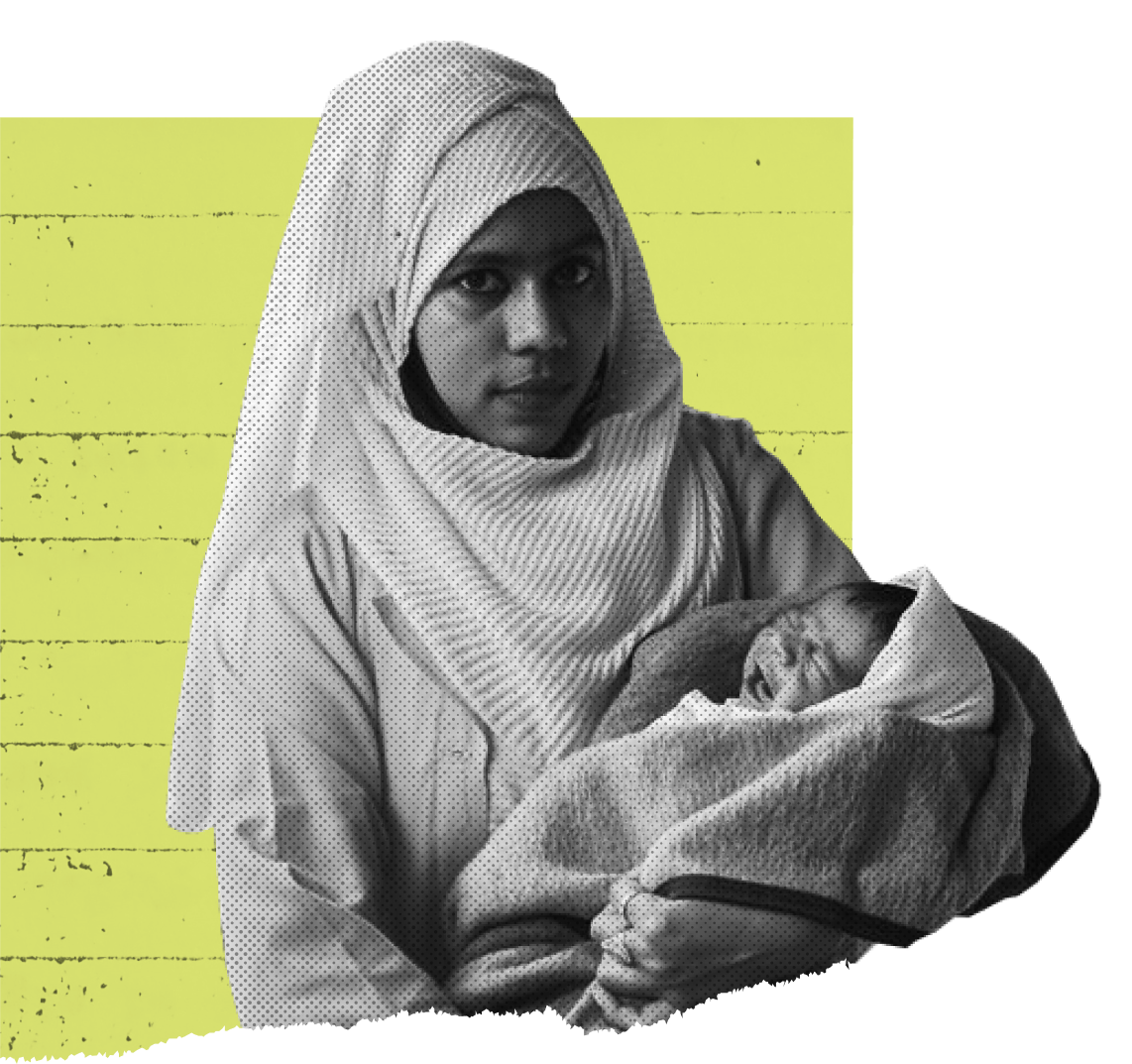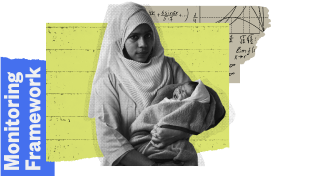Global Commitments Monitoring Framework



The landmark 2019 Nairobi Summit on ICPD25 showcased gains, gaps and shared commitment to action in completing the unfinished business of the ICPD Programme of Action.
The Summit mobilized global momentum that resulted in over 1,300 commitments by diverse stakeholders, including governments. It also saw widespread endorsement of the Nairobi Statement, which outlines collective ambition to reach ICPD goals for everyone, everywhere. The Statement’s 12 global, overarching commitments are key to ensuring full, effective and accelerated implementation of the ICPD agenda and to achieving the 2030 Agenda for Sustainable Development.
The Nairobi Statement calls for a periodic review of progress. Towards that end, an independent advisory body was formed, linking the diverse constituencies who attended the Summit.
Known as the High-Level Commission on the Nairobi Summit on ICPD25 Follow-up, it is charged with submitting a public report each year to the United Nations Population Fund, UNFPA, and providing guidance and political backing to propel meaningful follow-up. The Commission co-chaired by H.E. Mr. Jakaya Kikwete, Former President of the United Republic of Tanzania, and H.E. Michaëlle Jean, 27th Governor General of Canada and former Secretary-General of the International Organization of la Francophonie, includes government leaders, academics and researchers, civil society and women’s rights activists, human rights advocates, businesspeople, foundation representatives, parliamentarians and youth leaders from around the world.
The Commission developed a comprehensive Global Commitments Monitoring Framework (GCMF) to complement its narrative reports.
The framework captures the global commitments contained in the Nairobi Statement and presents them in a scorecard, using a four-colour traffic light system to indicate progress globally and regionally on key global indicators under each of the core global commitments and as an overall score for every commitment. The colours run from green as the most positive, to yellow, then orange and finally red as the lowest score. A grey colour means there is not sufficient data for that indicator for the respective region.
In the Commission’s first report, a baseline for selected indicators and overall regional scores for each commitment were presented, against the benchmarks and level of ambition included in the Nairobi Statement commitments. In the second and third report, the Commission continued to reflect on the indicators and updated the overall regional scores for each commitment, based on the latest available data, while also marking trends, using an upward pointing triangle for progress in terms of advancement through the traffic light colors, while using downward pointing triangles when regression was concerned.
The Nairobi Statement: 12 Global Commitments
-
Explore Data
Intensify our efforts for the full, effective and accelerated implementation and funding of the ICPD Programme of Action, Key Actions for the Further Implementation of the Programme of Action of the ICPD, the outcomes of its reviews, and Agenda 2030 for Sustainable Development.
Achieve universal access to sexual and reproductive health and rights as a part of universal health coverage (UHC), by committing to strive for:
-
Explore Data
Zero unmet need for family planning information and services, and universal availability of quality, accessible, affordable and safe modern contraceptives.
-
Explore Data
Zero preventable maternal deaths and maternal morbidities, such as obstetric fistulas, by, inter alia, integrating a comprehensive package of sexual and reproductive health interventions, including access to safe abortion to the full extent of the law, measures for preventing and avoiding unsafe abortions, and for the provision of post-abortion care, into national UHC strategies, policies and programmes, and to protect and ensure all individuals’ right to bodily integrity, autonomy and reproductive rights, and to provide access to essential services in support of these rights.
-
Explore Data
Access for all adolescents and youth, especially girls, to comprehensive and age-responsive information, education and adolescent-friendly comprehensive, quality and timely services to be able to make free and informed decisions and choices about their sexuality and reproductive lives, to adequately protect themselves from unintended pregnancies, all forms of sexual and gender-based violence and harmful practices, sexually transmitted infections, including HIV/AIDS, to facilitate a safe transition into adulthood.
Address sexual and gender-based violence and harmful practices, in particular child, early and forced marriages and female genital mutilation, by committing to strive for:
-
Explore Data
Zero sexual and gender-based violence and harmful practices, including zero child, early and forced marriage, as well as zero female genital mutilation; and elimination of all forms of discrimination against all women and girls, to realize all individuals’ full socioeconomic potential.
Mobilize the required financing to finish the ICPD Programme of Action and sustain the gains already made, by:
-
Explore Data
Using national budget processes, including gender budgeting and auditing, increasing domestic financing and exploring new, participatory and innovative financing instruments and structures to ensure full, effective, and accelerated implementation of the ICPD Programme of Action.
-
Explore Data
Increasing international financing for the full, effective and accelerated implementation of the ICPD Programme of Action, to complement and catalyze domestic financing, in particular of sexual and reproductive health programmes, and other supportive measures and interventions that promote gender equality and girls’ and women’s empowerment.
Draw on demographic diversity to drive economic growth and achieve sustainable development, by:
-
Explore Data
Investing in the education, employment opportunities, health, including family planning and sexual and reproductive health services, of adolescents and youth, especially girls, so as to fully harness the promises of the demographic dividend.
-
Explore Data
Building peaceful, just and inclusive societies, where no one is left behind, where all, irrespective of race, colour, religion, sex, age, disability, language, ethnic origin, sexual orientation, and gender identity or expression, feel valued, and are able to shape their own destiny and contribute to the prosperity of their societies.
-
Explore Data
Providing quality, timely and disaggregated data, that ensures privacy of citizens and is also inclusive of younger adolescents, investing in digital health innovations, including in big data systems, and improvement of data systems to inform policies aimed at achieving sustainable development.
-
Explore Data
Committing to the notion that nothing about young people’s health and well-being can be discussed and decided upon without their meaningful involvement and participation (“nothing about us, without us”).
Uphold the right to sexual and reproductive health services in humanitarian and fragile contexts, by:
-
Explore Data
Ensuring that the basic humanitarian needs and rights of affected populations, especially that of girls and women, are addressed as critical components of responses to humanitarian and environmental crises, as well as fragile and post-crisis reconstruction contexts, through the provision of access to comprehensive sexual and reproductive health information, education and services, including access to safe abortion services to the full extent of the law, and post-abortion care, to significantly reduce maternal mortality and morbidity, sexual and gender-based violence and unplanned pregnancies under these conditions.
































